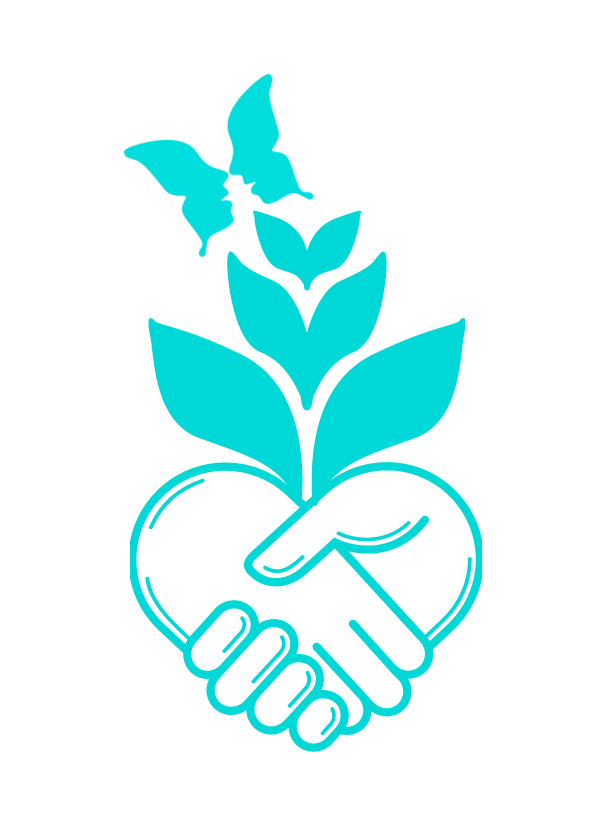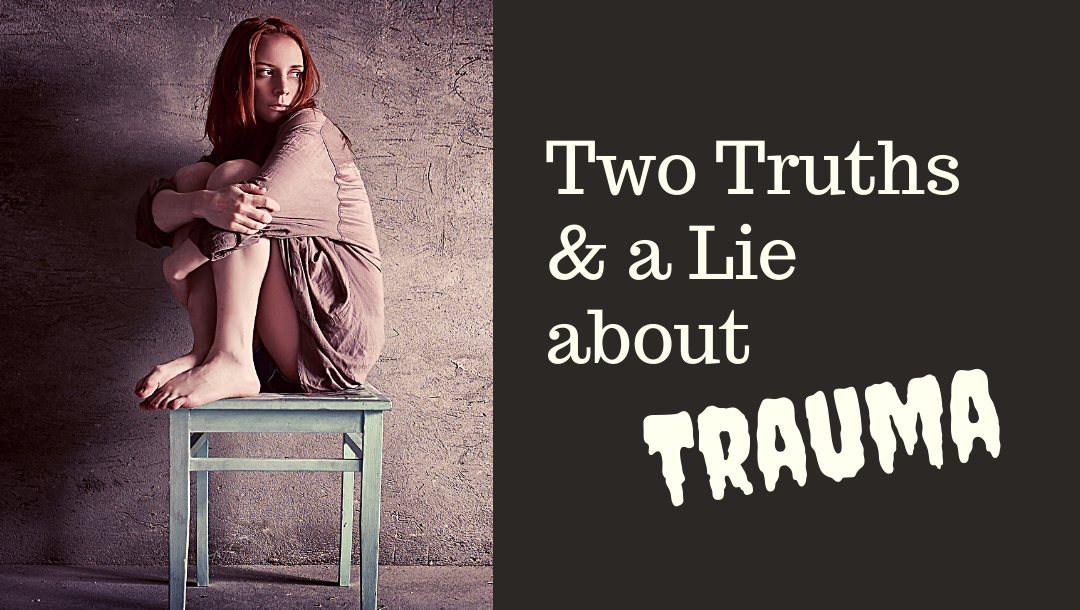Self-Compassion is Not Self-Indulgence
/Sometimes when I introduce self-compassion to my clients they push back with comments such as “if I’m not hard on myself, I will get lazy” or “I don’t want to lower my expectations for myself” or “I don’t want to give up on myself.”
All of these comments come from a place of wanting to be our best and do our best. They are well intentioned to be sure. But they are a misunderstanding of what self-compassion is and how it works. Self-compassion is not the absence of holding ourselves accountable. We still hold ourselves accountable, but we do so in a way that promotes growth and positive change rather than shame and despair. Let me illustrate.
When my kids were growing up, one of their favorite movies was Disney’s “The Mighty Ducks” with Emelio Estevez. The two coaches in the movie are fairly good examples of the difference between self-criticism and self-compassion when it comes to motivating ourselves to be our best selves. Coach Reilly represents the harsh critic. He belittles and shames and shouts. The result is that a young Gordon Bombay gives up hockey. And this is what often happens to us when our self-critic is harsh. We get down on ourselves and give up, even becoming depressed.
Later, as an adult, Gordon Bombay becomes Coach Bombay. At first he is much like Coach Reilly, but then a transformation takes place. Not wanting to impact the kids on his team the way Coach Reilly had devastated him as a child, he coaches very differently than Coach Reilly. He focuses on teamwork, positive encouragement and mutual support rather than shaming and belittling kids when they make inevitable mistakes. As a result a group of kids who didn’t think they had a chance of winning one game, much less the league championship, come together and rise to the occasion. This is how self-compassion works. It doesn’t shame us when we fail, but helps us accept struggle and failure as an inevitable part of life, then encourages us to get back up, brush ourselves off and keep trying. Neither coach told the kids they didn’t have to practice, but one coach inspired kids to want to practice while the other berated them even when they did practice.
We all have a choice of what kind of “coach” we want to be to ourselves. Are we going to be the harsh Coach Reilly type, who may get short term results but ultimately sucks all the joy out of life or the encouraging, supportive Coach Bombay who accepts our shortcomings but continues to cheer us on to bigger and better things?
If you would like help learning self-compassion skills, contact us for a free initial consultation.
832-534-3624

















Trauma is not something wrong with you. It is something wrong with what happened to you. Click the image above to learn more about how I can help you overcome trauma.